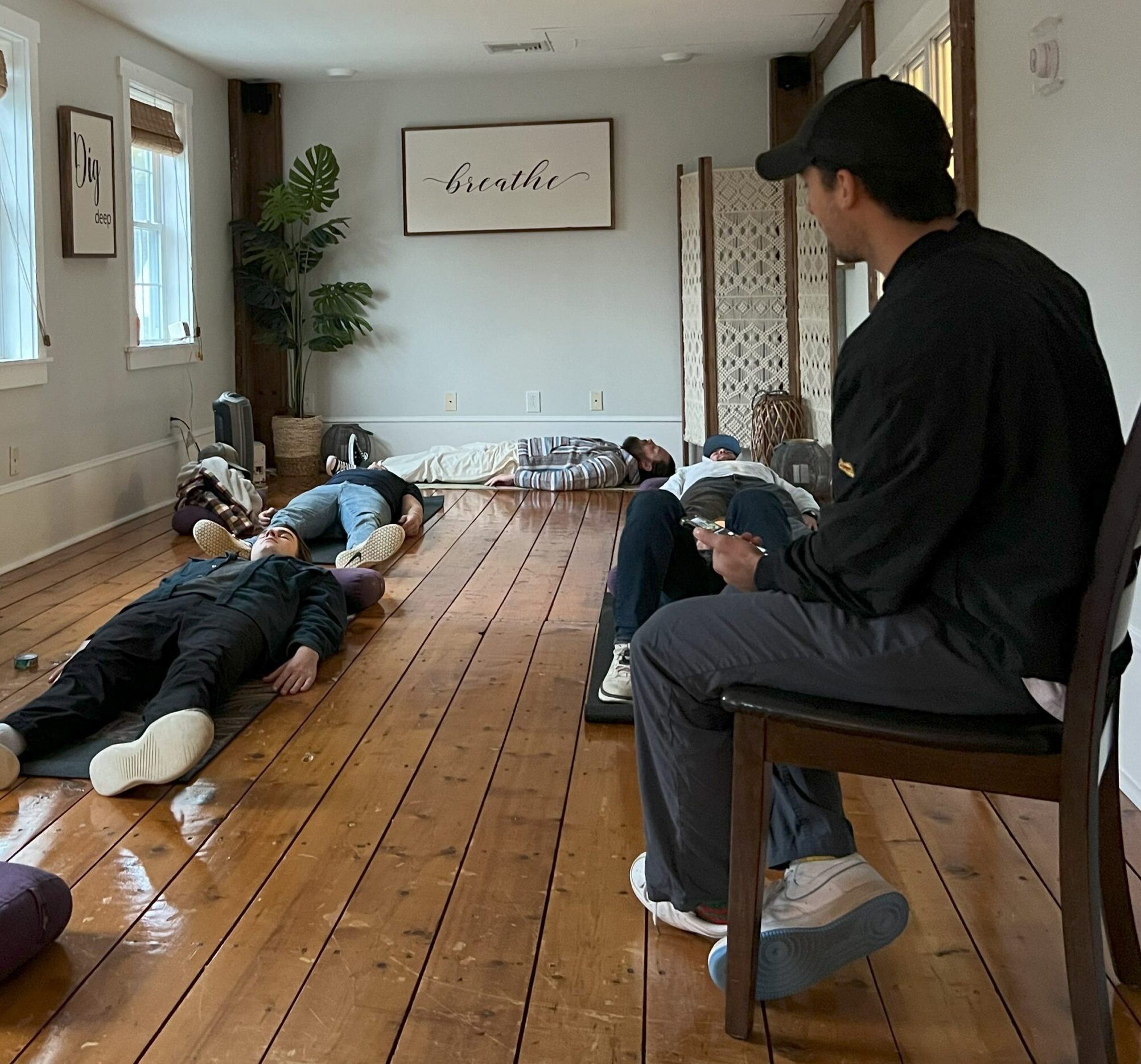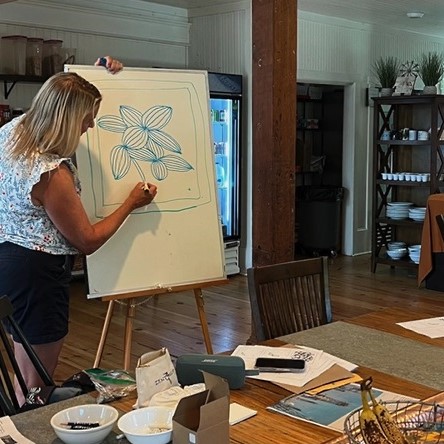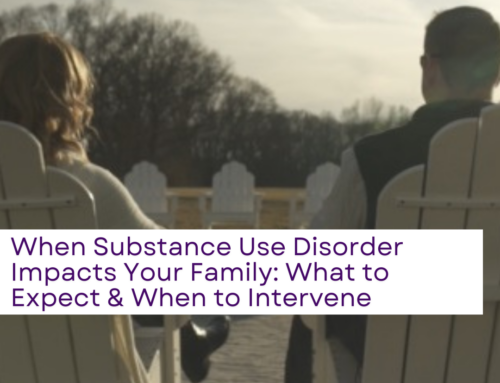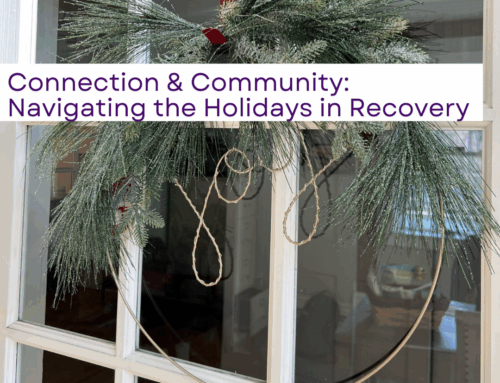
In the complex landscape of mental health, few connections are as profound and consequential as the relationship between trauma, mental health disorders, and addiction.
While substance use disorders and behavioral addictions were often historically viewed through a moral lens, contemporary research reveals a different reality: addiction often represents an attempt to cope with underlying psychological pain, frequently rooted in traumatic experiences.
The Trauma-Addiction Connection
Trauma fundamentally alters how our brains operate. When we experience events that overwhelm our ability to cope — whether that’s a single catastrophic incident (acute) or sustained exposure to adverse conditions (chronic) — our neurological systems adapt in ways that prioritize survival over wellbeing.
This biological response, while initially protective, can create vulnerability to addiction.
How Trauma Rewires the Brain
Traumatic experiences trigger the body’s stress response systems, flooding the brain with cortisol and adrenaline. While this reaction is designed to help us survive immediate threats, chronic activation of these systems can lead to lasting changes in brain structure and function.
Key areas affected include:
- The prefrontal cortex: Responsible for rational decision-making and impulse control
- The amygdala: Our emotional processing center, particularly for fear responses
- The hippocampus: Essential for memory formation and processing
- The reward pathway: The brain’s pleasure and motivation circuit

These neurobiological changes can manifest as hypervigilance, emotional dysregulation, intrusive memories, and an impaired ability to experience pleasure from ordinary activities — all hallmarks of trauma responses.
Self-Medicating: When “Coping” Becomes Addiction
For many trauma survivors, substances, or compulsive behaviors, while destructive, can serve as “coping” mechanisms. This “self-medication hypothesis” helps explain why rates of substance use disorders are two to four times higher among people with PTSD compared to the general population.
What begins as self-medication, however, often evolves into dependence and addiction as tolerance develops and the brain adapts to the presence of substances. This creates a devastating cycle: trauma leads to substance use as a coping strategy, which causes further life problems, which creates more trauma and stress, which intensifies the need for escape.
Common Mental Health Conditions That Intersect with Addiction

While trauma represents a significant risk factor for addiction, various mental health conditions—many of which can be trauma-related—also frequently co-occur with substance use disorders:
Depression
The relationship between depression and addiction is bidirectional. Depression can lead to substance use as an attempt to alleviate symptoms, while chronic substance use alters brain chemistry in ways that induce or worsen depressive symptoms. Approximately one-third of people with major depression also have a substance use disorder.
Anxiety Disorders
Anxiety disorders — ranging from generalized anxiety to panic disorder to social anxiety — frequently overlap with substance use disorders. Many substances temporarily reduce anxiety symptoms, creating a powerful reinforcement loop. Unfortunately, most substances actually worsen anxiety in the long term, particularly during withdrawal periods.
Post-Traumatic Stress Disorder (PTSD)
PTSD represents perhaps the clearest link between trauma and addiction. Studies indicate that between 25-50% of people seeking treatment for substance use disorders meet criteria for PTSD, a rate far higher than in the general population.
Bipolar Disorder
The impulsivity associated with manic episodes, combined with attempts to manage mood fluctuations, creates particular vulnerability to substance use issues among those with bipolar disorder. Research suggests that up to 60% of people with bipolar disorder will develop a substance use disorder at some point.
Breaking the Cycle: Integrated Treatment Approaches
Recognition of the profound connections between trauma, mental health, and addiction has revolutionized treatment approaches. Modern, evidence-based interventions typically include:
Trauma-Informed Care
Trauma-informed care recognizes the widespread impact of trauma and integrates knowledge about trauma into all aspects of treatment. This approach emphasizes:
- Physical and emotional safety
- Trustworthiness and transparency
- Peer support
- Collaboration between provider and client
- Empowerment and choice
- Cultural, historical, and gender considerations
Dual Diagnosis Treatment
Rather than treating addiction and mental health disorders separately, dual diagnosis (or co-occurring disorders) treatment addresses both simultaneously. This integrated approach recognizes that both conditions influence each other and must be addressed together for effective recovery.
Specific Evidence-Based Therapies
Several therapeutic approaches have demonstrated effectiveness for addressing the trauma-addiction connection:
- Cognitive Behavioral Therapy (CBT) helps identify and modify the thought patterns that connect traumatic experiences to addictive behaviors.
- Dialectical Behavior Therapy (DBT) focuses on developing emotional regulation skills, distress tolerance, and mindfulness practices that reduce reliance on substances.
- Eye Movement Desensitization and Reprocessing (EMDR) helps process traumatic memories that may be driving addictive behaviors.
- Seeking Safety is a present-focused therapy specifically designed for people with PTSD and substance abuse issues.
The Benefits of Holistic Treatment Approaches
While traditional therapeutic interventions and medication can be vital components of recovery, holistic treatment approaches that address the whole person — mind, body, and spirit — are increasingly recognized as essential complementary strategies.
Non-medication solutions can help rebuild what trauma and addiction have damaged: connection to self, physical wellbeing, and healthy coping mechanisms.
Mindfulness and Meditation
Mindfulness practices directly counter many effects of trauma, helping individuals:
- Develop present-moment awareness instead of being trapped in traumatic memories or future anxieties
- Observe thoughts and feelings without judgment or reactivity
- Regulate emotional responses that might otherwise trigger substance use
- Build tolerance for discomfort without immediately seeking relief
Research shows that regular meditation practice actually changes brain structure in areas affected by trauma, including increased gray matter density in the hippocampus and decreased activity in the amygdala.

Movement Therapies
Daily physical activity offers powerful benefits for trauma and addiction recovery:
Yoga combines breath awareness, mindful movement, and physical postures in ways that help trauma survivors reconnect with their bodies. Trauma-sensitive yoga approaches emphasize choice, safety, and personal agency—elements often lost during traumatic experiences.
Exercise releases endorphins that naturally elevate mood and reduce pain, helping address the neurochemical imbalances that both trauma and substance withdrawal can create. Regular physical activity also improves sleep quality, reduces anxiety, and builds resilience to stress.
Tai Chi and Qigong offer gentle movement practices that combine physical activity with meditation, helping regulate the autonomic nervous system that trauma can dysregulate.
Nutritional Approaches
Substance use disorders and trauma both impact nutritional status and gut health, which in turn affect mental wellbeing:
- Balanced nutrition supports neurotransmitter production and brain function
- Specific nutrients (like omega-3 fatty acids, B vitamins, magnesium, and zinc) play key roles in mood regulation and stress response
- Anti-inflammatory diets may help address the chronic inflammation associated with both trauma and addiction
- Regular, balanced meals help stabilize blood sugar, reducing mood swings that can trigger cravings
Creative Arts Therapies

For many trauma survivors, experiences may be stored as sensory memories that are difficult to access through verbal therapies alone. Creative approaches offer alternative pathways to processing:
- Art therapy allows expression of emotions and experiences that may be difficult to verbalize
- Music therapy can regulate emotional arousal and provide safe ways to experience feelings
- Dance/movement therapy helps reconnect with the body and express emotions through movement
- Drama therapy offers opportunities to explore different perspectives and rehearse new coping skills
Social Connection and Community Integration
Addressing the isolation that often accompanies both trauma and addiction is crucial:
- Peer support groups specific to trauma and recovery
- Community service opportunities that build purpose and connection
- Family therapy to heal relationships damaged by addiction
- Social skills development that may have been interrupted by trauma or substance use
The Role of Social Support and Community
Recovery from both trauma and addiction is rarely accomplished in isolation. Social support plays a crucial role in healing by:
- Providing emotional validation and understanding
- Reducing isolation, a key risk factor for both trauma complications and addiction
- Offering practical assistance during difficult periods
- Modeling healthy coping strategies
- Creating accountability for recovery actions
Recovery communities create safe spaces where shared experiences foster healing connections.

The Importance of Self-Compassion
For those navigating the complex terrain of trauma and addiction, developing self-compassion represents a crucial healing element. Many trauma survivors internalize shame and self-criticism, which can perpetuate addictive cycles.
Learning to respond to oneself with kindness rather than judgment creates space for healing.
Self-compassion practices include:
- Mindfulness of one’s suffering without over-identification
- Recognition of the shared human experience of struggle
- Self-kindness rather than harsh self-judgment
Whether you’re personally affected by these issues or supporting someone who is, remember that recovery is a journey rather than a destination. With appropriate support, evidence-based interventions, and compassion, healing is possible, even from the most profound psychological wounds and addictive patterns.
About Herren Wellness

Herren Wellness is a thriving community of people at all stages in their recovery journey. We introduce holistic therapies and strategies centered around emotional, physical, and spiritual wellness, in addition to life coaching sessions, family support and an individualized wellness plan to provide a solid foundation in recovery from alcohol and substance use.
We believe that staying connected and community has a lasting impact on recovery, and encourage all alumni to participate in our weekly alumni meetings, seasonal events and annual retreat. Your connection to Herren Wellness doesn’t end when your stay ends; we are there for you throughout your recovery journey.
If you, or a loved one are struggling with substance use, why wait? Please call us at (844) 443-7736, email us at info@herrenwellness.com, or or schedule a phone consultation. You are not alone.





